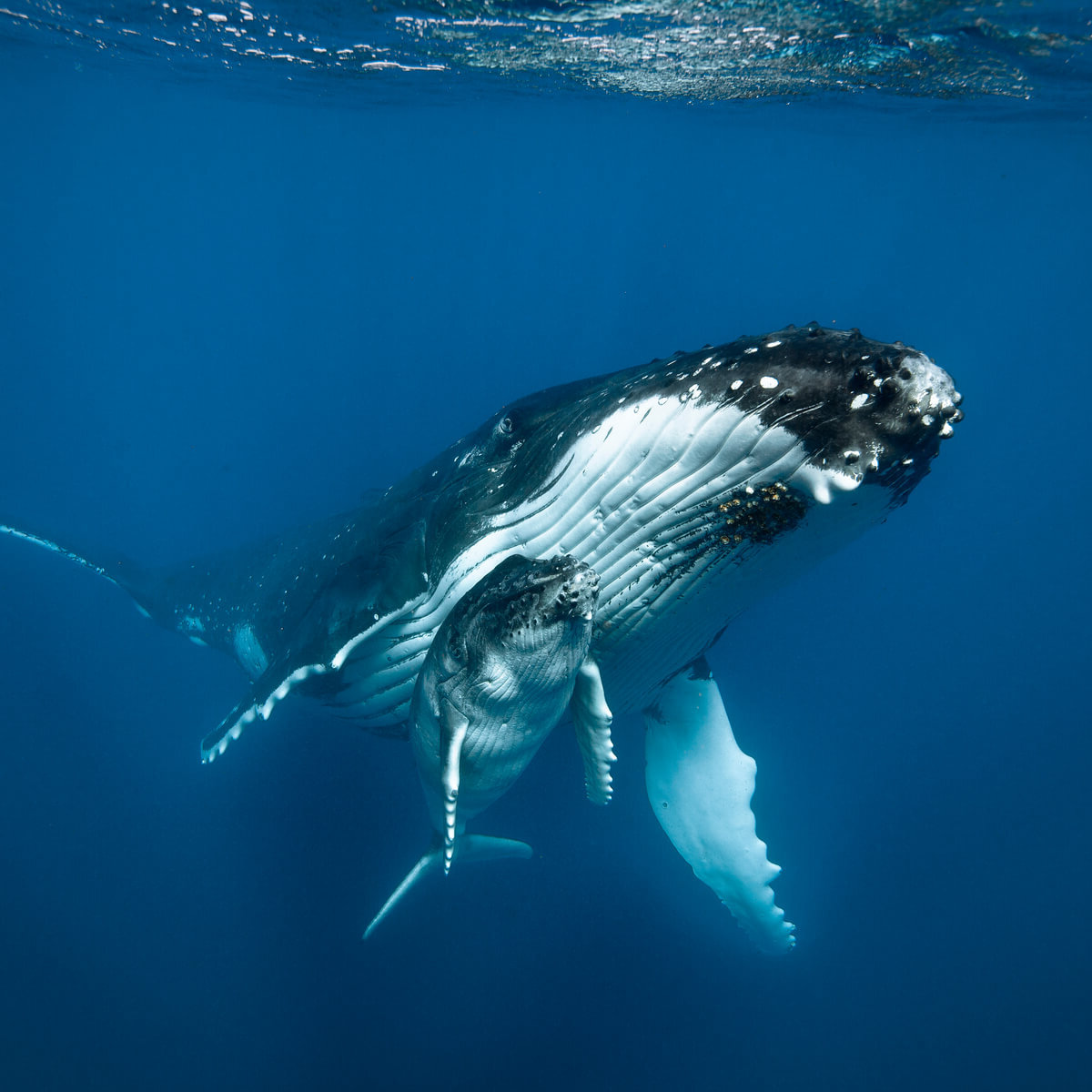Pro-whaling nations threaten the demise of the IWC by pushing to resume commercial whaling
As the 68th meeting of the International Whaling Commission (IWC) is set to begin in Portorož, Slovenia, on Monday, 17th October 2022, pro-whaling nations are seeking to force the IWC to resume negotiations on the resumption of commercial whaling. This is happening at a time when the IWC is in a difficult financial situation and urgently needs to have its budget for the next few years agreed. In a key strategic move, Antigua and Barbuda seems to be exploiting this crisis by linking the approval to the budget to a resolution on commercial whaling. The situation is even more absurd, given the fact that Antigua and Barbuda has not paid its membership fees for three years.
The IWC is in dire financial troubles also because a number of member states have not paid their annual membership fees – in some cases for years. If the upcoming Commission meeting does not agree on a new budget then the very existence of the IWC is in jeopardy. If the IWC falls then this would effectively end the moratorium on commercial whaling, which has been in place since 1986.
Whilst the last IWC in Brazil in 2018 adopted the so-called Florianópolis Declaration as a guidance towards a clear conservation-oriented future of the IWC, now the pro-whaling countries want to take advantage of this existential threat to the IWC to turn the clock backwards.
«Efforts to block agreement on the budget or use this situation to facilitate a return to the dark times of commercial whaling is an appalling situation» says Nicolas Entrup, Director International Relations at OceanCare. He notes that there will be three provocative proposals by – or supported by – Antigua and Barbuda in front of the Commission: to allow voting rights to members that have not paid their membership; a proposed resolution to re-open a formal debate on the resumption of commercial whaling; and a co-sponsored resolution on food security – a flimsy argument that whaling could contribute to global food security and address poverty. All these proposals need to be effectively rejected.
«We urge the IWC not to set a dangerous precedent by granting voting rights to countries that are ‘in arrears’ (i.e. have not paid their membership fees)» says Fabienne McLellan, Managing Director of OceanCare. «Its is simply impudent that some countries – especially those who have not paid their membership fees for many years – want to change the rules in order to force the IWC towards a resumption of commercial whaling.» She adds that OceanCare also totally rejects the resolution brought forward on commercial whaling as there is simply no reason to restart talks about commercial whaling at this point.
Another resolution brought forward by some nations concerns «food security». However, food insecurity is indeed a existential problem, but an IWC-resolution on «food security» is misplaced and can only be seen as a distraction, because the IWC is not at all the forum for such a debate. It is the Food and Agriculture Organization (FAO) which is the responsible forum for global food policies.
Whilst OceanCare sees no necessity to fall for the backward-looking arguments and strategies of a handful of countries, the organisation sees the urgent need for the IWC to continue and expand its important conservation work including through its Scientific and Conservation Committees.
«The IWC must not deviate from the path set out by the Parties at the last meeting in 2018 in Brazil, which is to maintain the moratorium and to focus on addressing the core conservation challenges to protect whale populations» adds McLellan, referring to the «Florianópolis Declaration».
